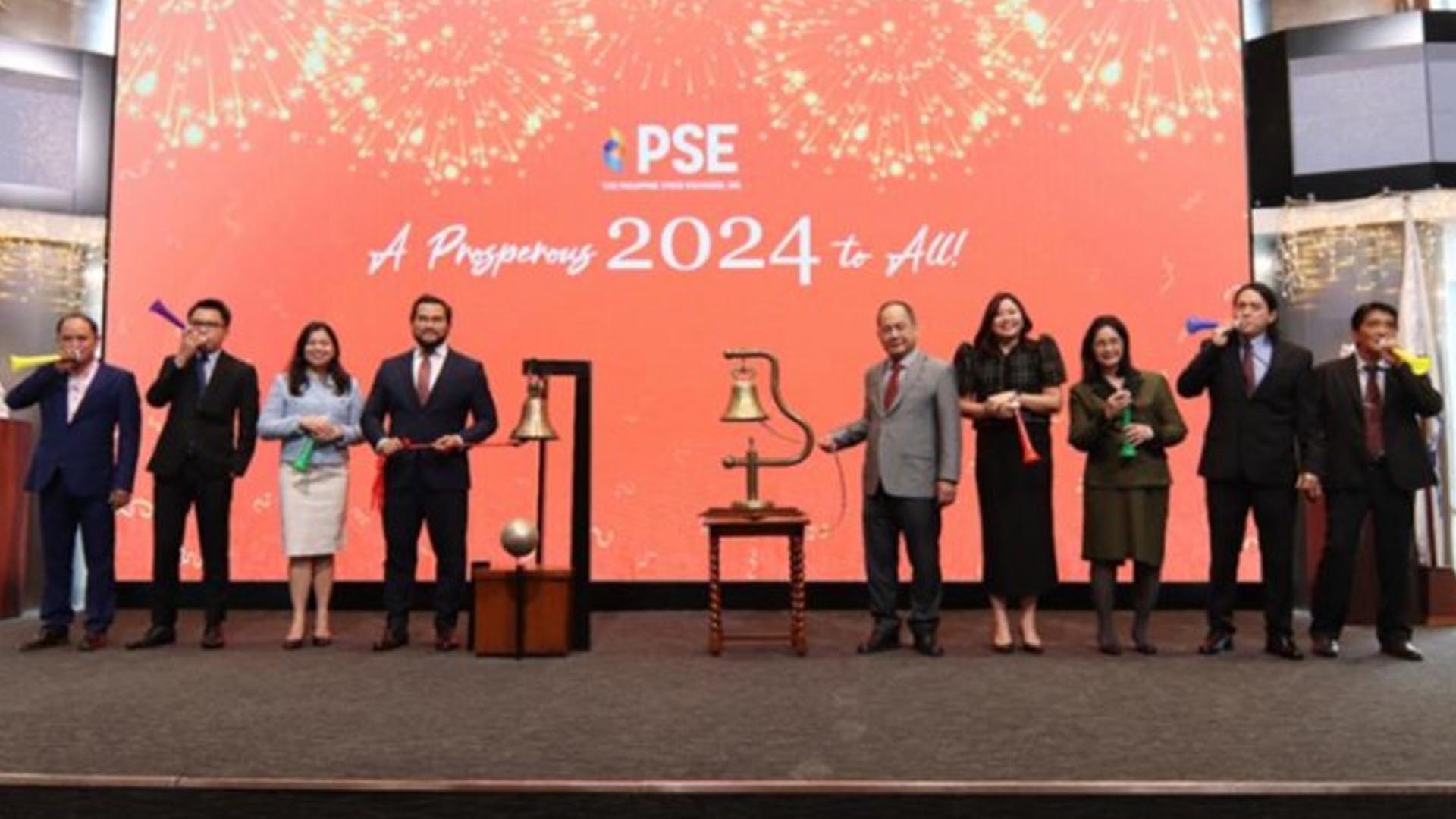Office of the Special Assistant to the President for Investment and Economic Affairs (OSAPIEA) Secretary Frederick Go eyes to simplify requirements and reduce the cost of going publicly listed to boost the country’s capital market.
During the Economic and Ease of Doing Business Briefing of the Anti-Red Tape Authority (ARTA) at the Manila Hotel on Wednesday, Go said reforms are underway to encourage companies to list with the Philippine Stock Exchange (PSE).
“Our office has been working on various reforms to encourage listings and participation in our capital markets… We have since taken action on various recommendation to reduce friction costs, improve ease of doing business, and boost the Philippine stock market,” he said.
The President’s economic czar boasted that the Philippines is now at par with the global and regional markets in terms of the settlement cycle, which was shortened to the trade date plus two days (T+2 days) from T+3 days since August last year.
The new rule means investors must settle their transactions no later than two business days.
It reduces the amount of time that buyers and sellers are exposed to settlement default risk while increasing investors’ confidence.
Late last year, the processing for an initial public offering (IPO) was also shortened to a 45-day timeline for the review and processing of registration statements.
“After the expiration of the 45-day period, it goes straight to the SEC (Securities and Exchange Commission) and back,” Go said.
“We also work with the SEC for policy adjustments to make it easier for companies to list in the stock market. So last September, the SEC approved the reduction of the number of years of financial information required from four years to three years,” he said, adding that the SEC also removed the mandatory inclusion of mitigating factors in the risk factor section of the prospectus in line with the practice of major global markets.
He said the PSE also implemented short selling, in a manner that is aligned with the best practice of major Asian peers.
In an interview, Go also said the 0.6 percent sales tax for transactions is being eyed to be reduced to 0.1 percent.
He said the sales tax of other Asian peers is much lower than the 0.6 percent in the Philippines.
“When you reduced the friction cost, you encouraged more volume. When there is less friction, the tendency of everybody is to increase their volume of transaction… When there is discount, you intend to buy more,” Go added. (PNA)





















